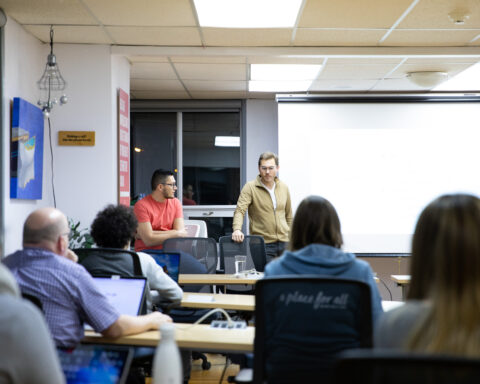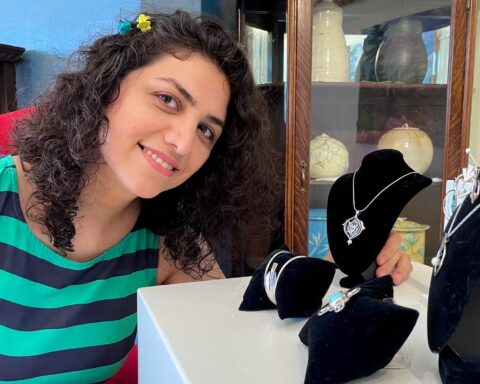I feel compelled to comment on the case of Maryam Monsef, Liberal MP and federal Minister of Democratic Institutions, who has been caught up in a story about the location of her birth 32 years ago. Monsef, an Afghan citizen who arrived in Canada at age 11, was born in Iran.
She had previously believed she was born in her country of citizenship, Afghanistan. Her documentation had stated that this was the case — documentation that had been submitted by her mother all those years ago.
Do you remember when you were 10 or 11 years old? Did you decide what school you went to or where you lived? Probably not. And if your parents decided when you were a child that the family would emigrate, or flee hardship, did you decide what your destination would be, and how you would get there? Hypothetically, if you were 10 or 11 and somebody, such as a parent, was submitting a form on your behalf, would you ask to review it for accuracy?
And if it turns out that somebody made an incorrect assertion on a form submitted on your behalf more than two decades ago, should you suffer the consequences of a decision that you yourself never made?
Of course not.
Stoking a fire
Some editorial media outlets in Canada have taken this situation and made a disingenuous effort to stoke a fire. For example, in an opinion piece in the Toronto Sun, the author writes: the Trudeau government actively revokes citizenship from people who provide false info on their applications. Now the question is whether democratic reform minister Maryam Monsef is going to receive the same treatment if it turns out her citizenship application contained false information. The article goes on to mention the possibility of Monsef being deported.
Apart from giving her a government Ministry that doesn’t exist (it’s democratic institutions, not democratic reform), the article errs in a more sinister way. Yes, citizenship may be revoked from individuals who knowingly provide false information, but Monsef herself, at least to the best of our knowledge, never submitted the application. Her mother did. And so there is a leap of logic.
The fact of the matter is that few people in Canada can go back more than a couple of generations before an immigration story forms part of the family tree. We are, by and large, an immigrant nation. Some of these immigrants arrived from states of flux, from changing situations in the regions of the world from which they came.
How does it matter?
There are almost certainly stories and situations similar to Monsef’s own story across the country. In many cases, it is likely that the person at the centre of it all doesn’t even know the full story.
Remember this: if we are talking about punishing Monsef, it would be a vicarious punishment handed out to someone who did not make a decision when she was 10 or 11 years old. And in the end, how does it even matter where she was born?
And also remember that she is a remarkable woman, who, in her so far short career, has shown nothing but resilience and intelligence. She has had to in order to get where she is now.
Attorney David Cohen is a senior partner at Campbell Cohen (www.CanadaVisa.com). Read more of his blogs at http://www.canadavisa.com/canada-immigration-blog/




